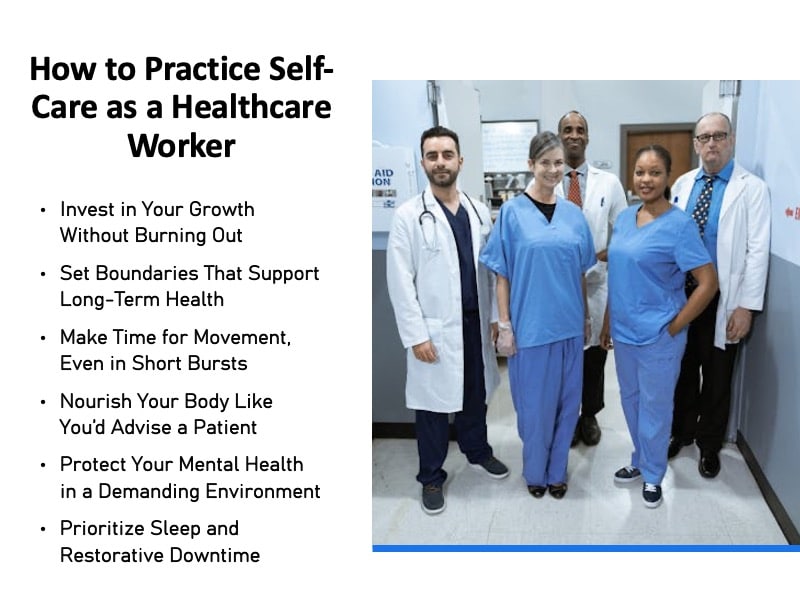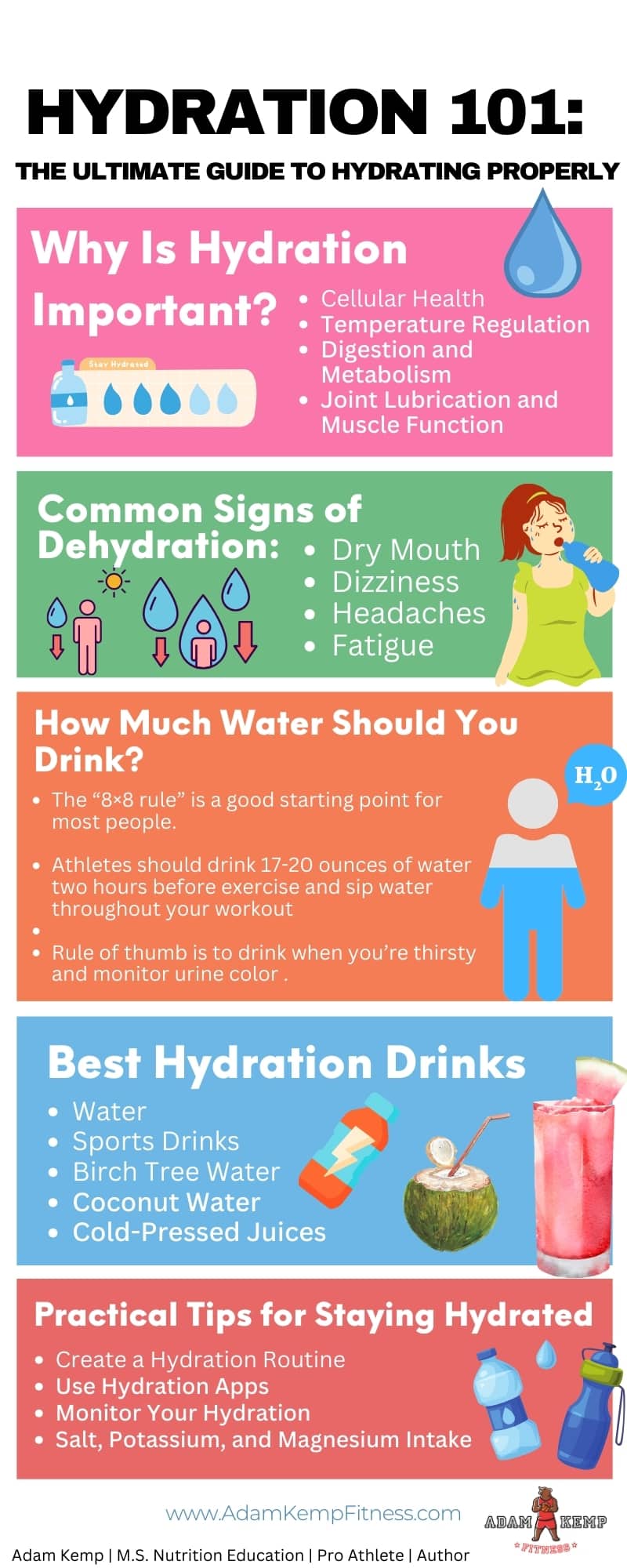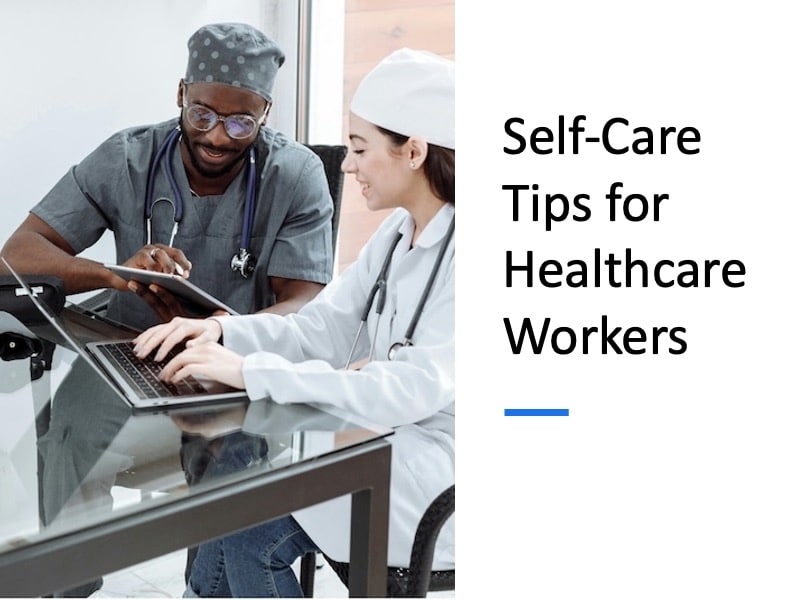Self-Care Tips for Healthcare Workers
Self-care tips for healthcare workers are more vital today than ever before.
Whether you’re a nurse, doctor, technician, or support staff, your job requires relentless focus, emotional resilience, and physical endurance.
Each shift you give your all, comforting patients, making fast-paced decisions, and managing constant stress.
But over time, the demands of healthcare can lead to burnout, compassion fatigue, and even chronic health issues if your own well-being takes a back seat.
Caring for yourself is not a sign of weakness or selfishness.
It’s the foundation for delivering high-quality patient care.
By prioritizing small, sustainable wellness practices, you’ll build the resilience to thrive both on and off the job.
Why Is Self-Care Important for Healthcare Workers?
Self-care is essential for healthcare workers because your ability to care for others depends on how well you care for yourself.
The emotional, physical, and mental toll of working in healthcare is significant, even in the best conditions.
Long hours, emotional labor, exposure to suffering, and high-stakes decision-making can all lead to chronic stress, burnout, sleep disruption, and compromised immune function.
Without consistent self-care, these factors can erode both personal health and professional performance (West et al., 2016).
Research shows that burnout in healthcare professionals is linked to increased medical errors, reduced patient satisfaction, and higher turnover rates (National Academy of Medicine, 2019)
On the other hand, when you engage in regular self-care through proper sleep, nutrition, movement, and emotional support, you improve your focus, resilience, empathy, and job satisfaction.
In short, practicing self-care doesn’t just benefit your personal well-being, it’s a direct investment in your ability to serve others effectively and sustainably.
How to Practice Self-Care as a Healthcare Worker

Practicing self-care as a healthcare worker isn’t about luxury, it’s about survival, sustainability, and showing up as your best self in a high-pressure environment.
The key is building simple, repeatable healthy habits that nourish your physical, mental, and emotional health, even on the busiest days.
True self-care for healthcare workers means more than bubble baths or vacations.
It involves setting boundaries, fueling your body with intention, staying active in practical ways, and creating time to decompress and reset.
These strategies don’t just help you battle burnout from work, they elevate the quality of care you provide to others.
Invest in Your Growth Without Burning Out
When you’re juggling long shifts, unpredictable schedules, and emotionally demanding work, the thought of going back to school can feel overwhelming.
But continuing your education is one of the most valuable ways to care for yourself.
It gives you the opportunity to advance your skills, boost your confidence, and open new career paths that offer greater flexibility or leadership roles.
If you’re a registered nurse looking to build on your experience, pursuing an RN to BSN online degree allows you to continue working while completing your degree on your own time.
These programs are designed with working nurses in mind, offering a flexible schedule, online access to coursework, and the ability to study from anywhere.
Knowing how to stay healthy in nursing school or while advancing your education comes down to finding balance, like choosing flexible programs that let you grow professionally without sacrificing your well-being.
That means you don’t have to pause your career or sacrifice your health to reach the next level professionally.
Furthering your education also gives you more control over your future.
It can lead to less physically demanding roles, more autonomy, and the chance to work in specialties that better align with your lifestyle.
When you grow professionally, you empower yourself, and that’s a meaningful form of self-care.
Set Boundaries That Support Long-Term Health
In a field that often encourages selflessness, setting boundaries can feel uncomfortable at first.
But the truth is, boundaries are essential if you want to stay healthy and avoid burnout.
Saying no, taking your breaks, and protecting your time off aren’t selfish. It’s smart.
Start by recognizing your limits.
You can’t say yes to every shift or take on every extra responsibility.
Communicate your availability clearly, and don’t be afraid to ask for help or delegate when necessary.
If you’re constantly working overtime, your body and mind won’t get the rest they need to function at their best.
Creating boundaries also includes protecting your time outside of work.
That means making space for hobbies, relationships, rest, and activities that bring you joy.
When you honor your own needs, you’re more present and effective when it’s time to care for others.
Make Time for Movement, Even in Short Bursts
Staying physically active can be tough when you’re working long or irregular hours.
But regular movement is one of the most effective ways to boost your mood, energy, and overall health.
You don’t need to commit to an intense workout plan.
Small, frequent actions, also known as “activity snacks” (like a few pushups, squats, or stair climbs), can elevate your heart rate, strengthen muscles, and improve circulation in just a few minutes.
These short bursts contribute to your non-exercise activity thermogenesis (NEAT), which is the calories you burn through everyday movement, which supports metabolism and helps combat the negative effects of sedentary time.
Strength training, even in quick sessions, improves bone density, joint stability, and insulin sensitivity.
Just a few sets of bodyweight exercises during breaks can promote better posture, injury prevention, and long-term physical resilience.
Try stretching before your shift or walking around the building during breaks.

After work, a short walk outside or a 15-minute foam rolling session can help you decompress.
If you’re charting or reviewing notes, do a few calf raises or shoulder rolls to keep your body from getting too stiff.
The key is consistency.
Small bursts of movement throughout the day can make a big difference over time, helping relieve tension, support cardiovascular health, and protect your body from wear and tear.
Nourish Your Body Like You’d Advise a Patient
You probably remind your patients to eat a well-balanced diet and stay hydrated, but are you following the same advice yourself?
When you’re short on time or constantly on the go, it’s easy to skip meals, rely on vending machine snacks, or down caffeine to get through your shift.
But over time, poor nutrition takes a toll.
It affects your energy, immune system, and mental clarity.
Make it easier on yourself by preparing meals and snacks ahead of time.
Pack protein-rich snacks, fruits, vegetables, and healthy dietary fats that will keep you full and energized.
Keep a water bottle nearby and sip regularly to maintain proper hydration, especially during long shifts or in high-stress environments.
Fueling your body properly is one of the simplest and most powerful forms of self-care.
When you eat well, you perform better, and you feel better, too.

Protect Your Mental Health in a Demanding Environment
Working in healthcare means facing emotional highs and lows every day.
You may witness trauma, deal with loss, or carry the weight of your patients’ stories.
Over time, that emotional load can become heavy.
That’s why it’s so important to take care of your mental health.
Allow yourself to feel what you’re feeling, and find healthy ways to process those emotions.
Talking with a colleague, writing in a journal, or even just taking a few quiet moments alone can make a big difference.
If you’re struggling, don’t hesitate to seek professional support.
Therapy and counseling are valuable tools that can help you build resilience and cope more effectively with stress.
Remember, seeking help isn’t a sign of weakness. It’s a sign of strength.
Prioritize Sleep and Restorative Downtime
Sleep is often the first thing healthcare workers sacrifice, especially when dealing with rotating shifts or overnight hours.
But sleep isn’t optional. It’s essential.
Without enough rest, your body and mind can’t function properly.
You may feel more irritable, make more mistakes, or find it harder to concentrate.
Over time, lack of sleep increases your risk of chronic health problems and affects your emotional well-being.
Make sleep a priority by creating a bedtime routine, even if your schedule changes frequently.
Using blackout curtains, noise machines, or eye masks can create a restful environment and help you sleep better at night.

If you can’t get a full eight hours, try napping when possible and sticking to a consistent wake-up time to regulate your internal clock.
Rest isn’t a reward. It’s a necessity.
Protecting your sleep is one of the best things you can do for yourself and your patients.
Final Thoughts: The Importance of Self-Care for Healthcare Workers
Healthcare workers are trained to prioritize others, but that commitment can come at the cost of personal well-being if left unchecked.
These self-care tips for healthcare workers aren’t a trend or indulgence in this field, it’s a critical component of your long-term health, professional performance, and ability to continue serving others with compassion and excellence.
By incorporating consistent, practical self-care habits, like boundary-setting, nourishing meals, strength-based movement, restorative sleep, and mental health support, you protect yourself from burnout and build a foundation for sustainable success.
When you invest in your own well-being, everyone benefits, including your patients, your team, your loved ones, and most importantly, you.



